KARACHI: There is a good news for school students as Sindh Education Department has announced holiday on February 4 on occasion of Shab-e-barat, a sacred night for worshipers, ARY News reported.
The department has issued a notification for the…
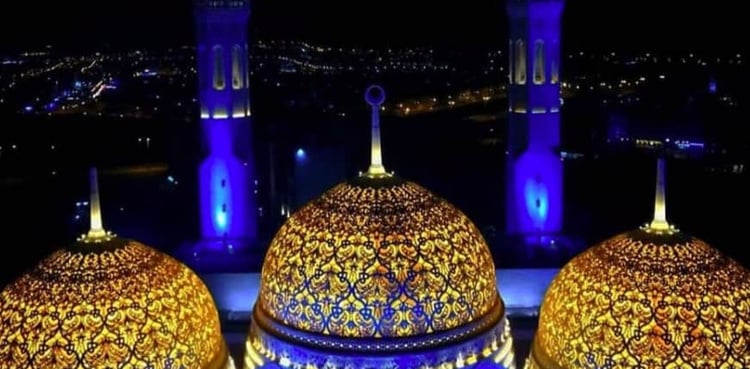
KARACHI: There is a good news for school students as Sindh Education Department has announced holiday on February 4 on occasion of Shab-e-barat, a sacred night for worshipers, ARY News reported.
The department has issued a notification for the…
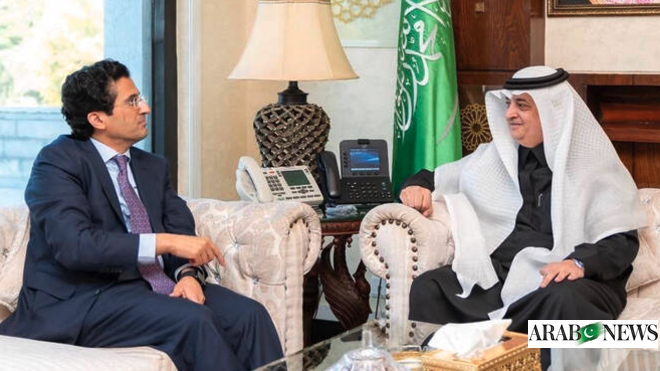
JEDDAH: The waters of the Red Sea along Saudi Arabia’s coast have become a vibrant natural stage, with pods of dolphins appearing near shorelines and along shipping lanes. These captivating sightings are emerging as a…
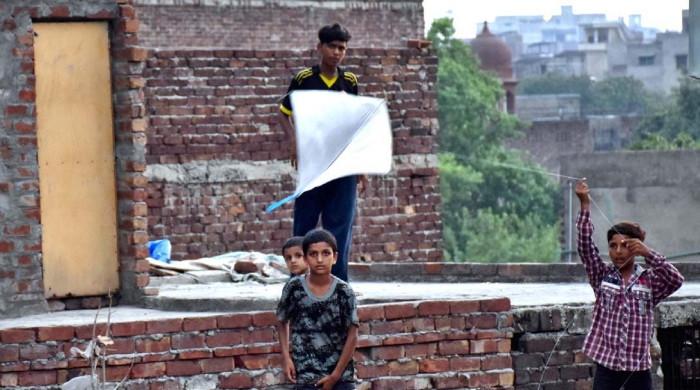
Pleasant weather is expected during the three-day Basant festival in Lahore as authorities finalised strict…
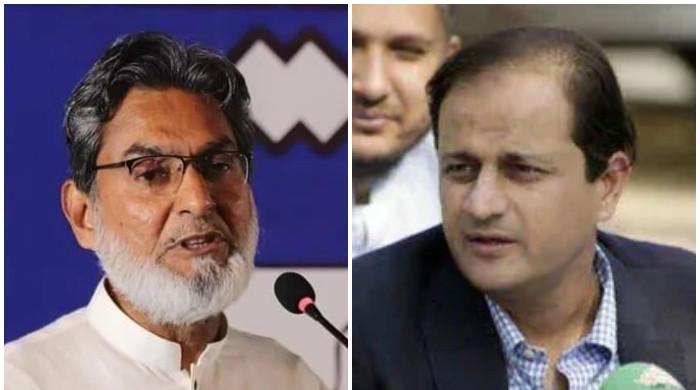
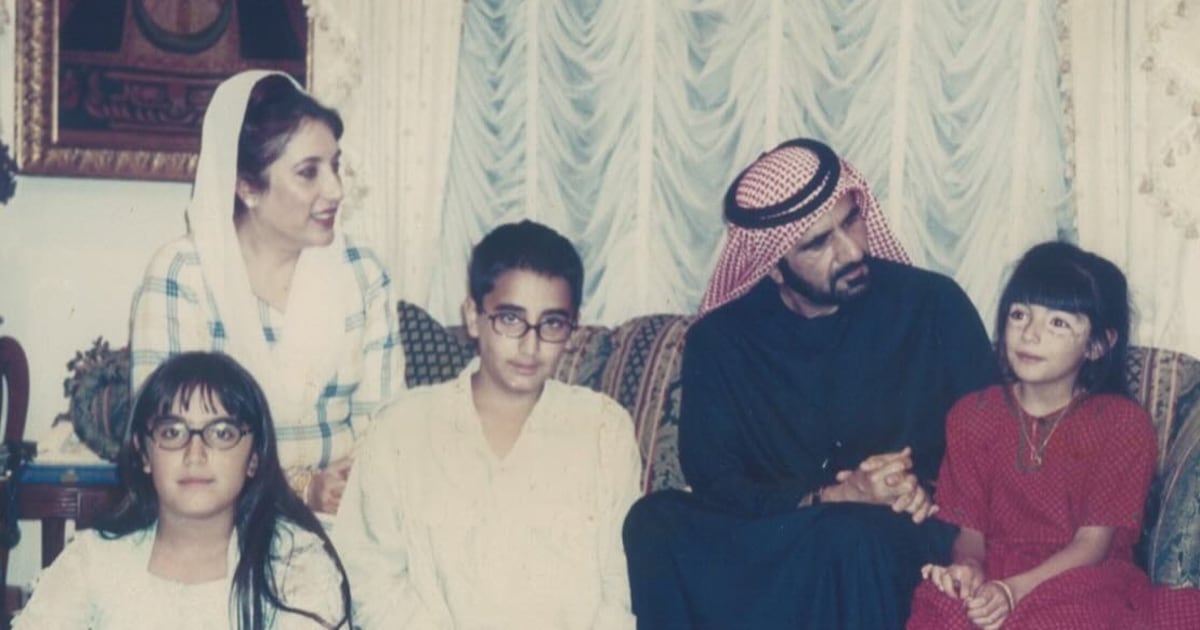
Bakhtawar Bhutto-Zardari, the daughter of Pakistani President Asif Ali Zardari, has shared then-and-now images of UAE leaders with her parents to coincide with her father’s recent official visit to the Emirates.
Zardari, the widower of former…
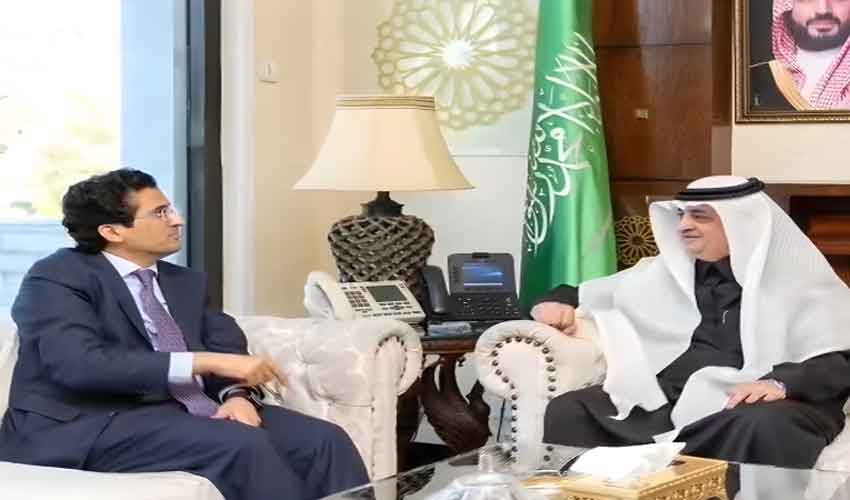
Pakistan and Saudi Arabia have agreed to further strengthen cooperation in the fields of energy and minerals.
Federal Minister for Petroleum Ali Pervaiz Malik held a meeting with Saudi Ambassador to Pakistan Nawaf…
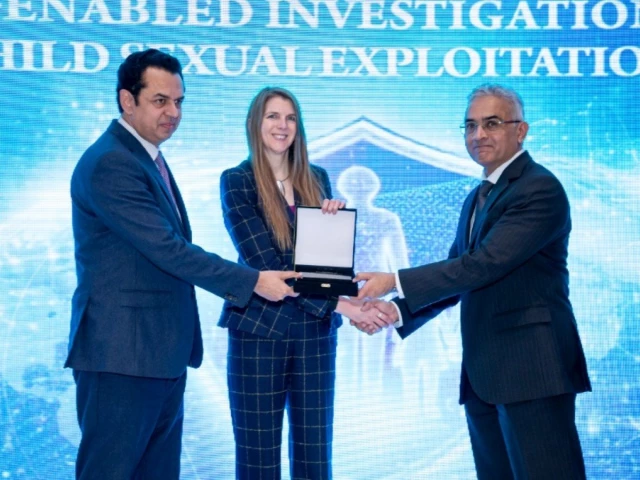
NCCIA unveils ‘Katalyst’, an AI system aimed at combatting online child abuse, in Islamabad
Minister of State for Interior and Narcotics Control, British High Commissioner for Pakistan Jane Marriott and NCCIA Director General are pictured here…